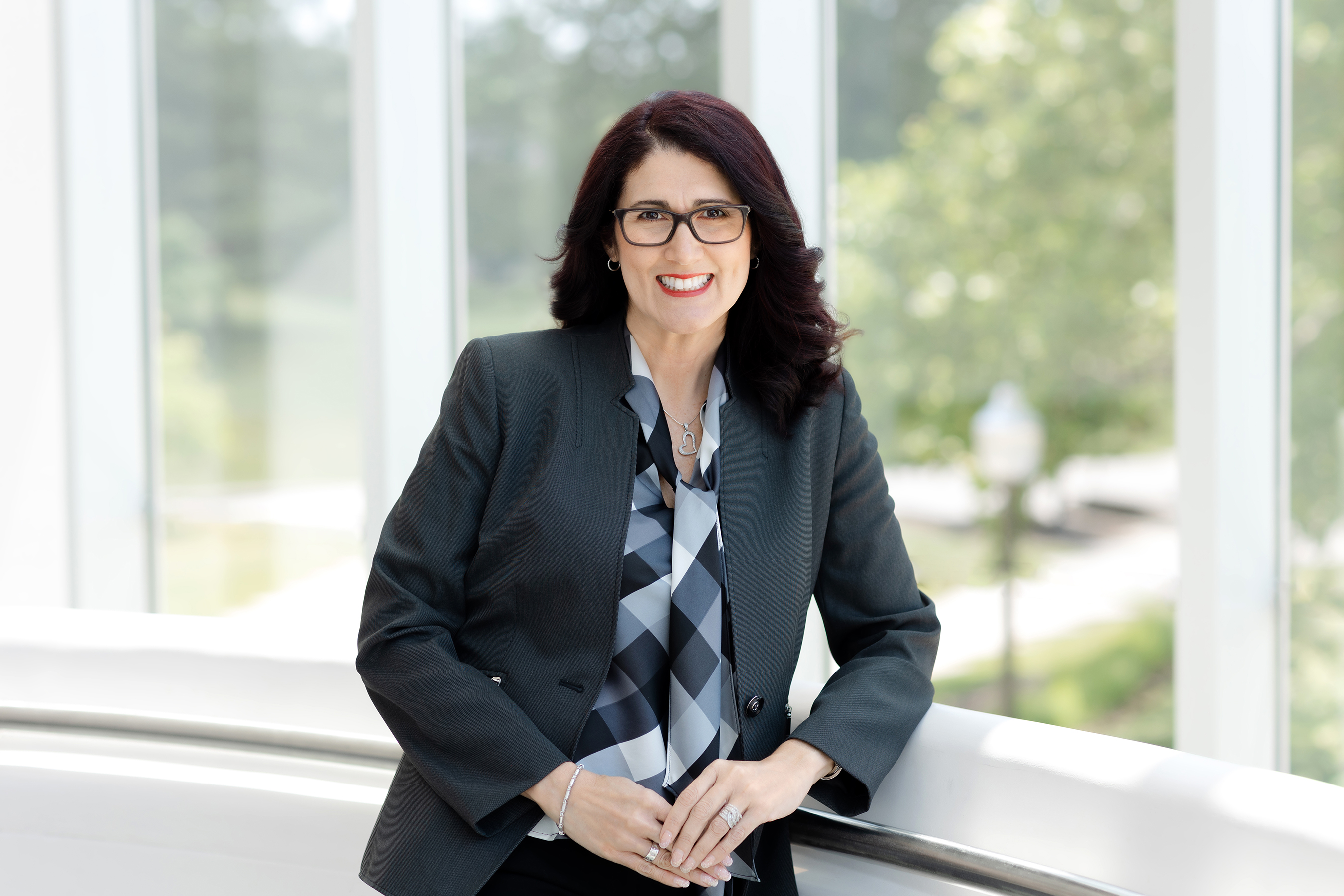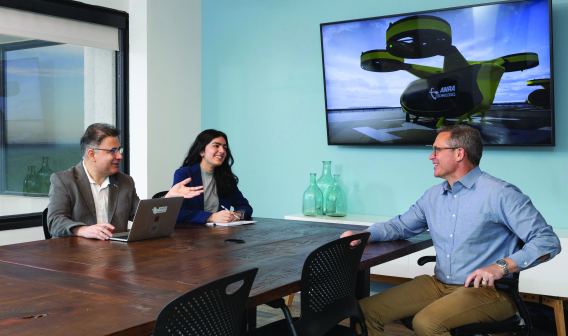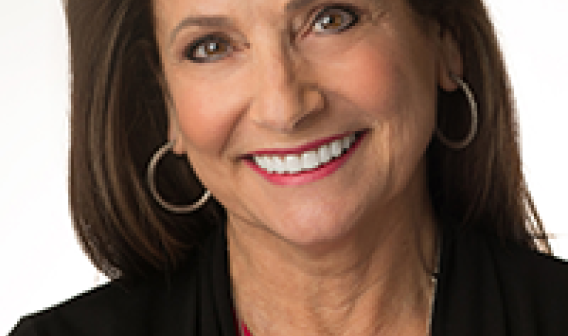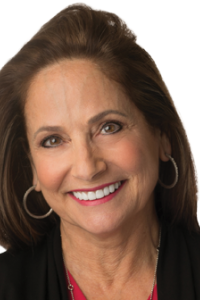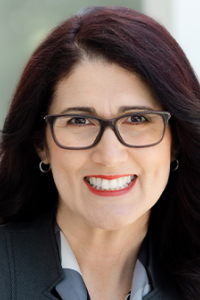Jehu: Can you talk us through more of the Dock to Door Coalition’s work focusing on a federated supply chain platform?
Blanco: As we developed the coalition, we also wanted to ensure that we’re documenting what is happening. There’s a lot of information, a lot of literature, but we’re creating a centralized point where we’re looking at the gaps in the supply chain through all those different potential end users of the system.
Four big areas came to be of interest for our members:
- More visible and more connected data sharing
- Using connected vehicle and automation technology more effectively and efficiently
- The importance of carbon-neutral alternatives
- Workforce considerations
That data-sharing platform is the one where all our members said, “This is our top priority. We need that visibility. We need to understand what is happening across the supply chain.”
The idea behind the federated data platform is a location where we’re able to see that minimal data set. If two organizations need to communicate effectively, what are the minimal two or three variables they might need? If you go to a different configuration of transport logistics, they might need a completely different data set.
As we start putting all that information in place and defining it, we’ll understand the information that currently exists, what information is still needed, and how we can all contribute. Each organization will contribute to this platform and be able to safely and securely see others in that minimal data set, to calculate and understand implications for their organization of what they’re doing and how it might affect others.
Jehu: If I’m a buyer of goods and I am working with transportation providers, my goods are coming through the port, ultimately delivering to a warehouse dock, maybe going to another entity to consume or further modify, and then ultimately to an end user. We all want to know, “Where’s my stuff and when am I going to get it?” The answer to that question might be different depending on who owns that link in the supply chain. How they communicate that information to me is going to look different depending on what tools and systems they’re using. With the federated platform, the idea is to come up with a standard where everybody is essentially speaking the same language to answer that question.
Blanco: That’s what standards and professional organizations strive to do, to create those types of operational definitions. That’s how our vehicles right now are designed and certified. So, we as a coalition are taking the first steps to develop that blueprint of what that minimal set should be and, hopefully, assist organizations that would like to optimize that process and make it a formalized standard.
Jehu: How can technology and initiatives running through VTTI help address these issues in the context of disruption?
Blanco: VTTI is the largest transportation institute under a university umbrella, and we collaborate with a lot of private technology companies. We have been able to understand and use our data for posing questions on how policy can be affected and looking at how to optimize operations. What we’re doing under this particular process is merging all those different components and understanding how to comb through that data quickly and effectively to bring results.
Having information about roadblocks, aspects that need to be considered, information about the humans in the system — all that is going to help with this. We have groups looking at sustainability aspects and doing different models of how to optimize systems to ensure zero emissions is attained.
If you have the right data, you can decide routes and what types of vehicles would be best, and be able to invest on that because you know the impact it would have. You’re able to understand the peak times for specific areas and you start seeing potential delays because certain types of functions might not be effectively deployed in those areas. You can then bring new businesses to that area and create incentives for that.
Jehu: How can we extend that into regional markets and more rural communities?
Blanco: If we’re able to understand different regions, what they have and what they don’t have, we’re able to service them better. Small businesses that have a product can take advantage of, say, a particular truck that’s not fully loaded and send goods out. They don’t have to own a fleet to do those exports or move them across the Commonwealth. We would have the information and understand that when somebody needs their goods moved in a different direction, we can quickly identify who can assist with that process.
We have in our region, and in many areas in Appalachia, food deserts. If we understand what they need, we can send produce where you might not have a grocery store for miles. We’re able to send medications. We’re able to service those communities and ensure they can remain in rural America, but receive benefits similar to a more urban environment.
Jehu: What are some of the longer-term implications of these efforts, once you’ve established and achieved these clearer deliverables?
Blanco: As we start looking at the data, the technologies, the workforce importance, new potential services that we want to train on, we can potentially develop new businesses that might not exist. In the intersection of all these needs, there might be things we can reinvent. Our transport logistics don’t need to look the same way they look now.
Think of what happens during a natural disaster. I understand where things are and where they need to go. I don’t want to put a human in harm’s way, so I’m able to use that information to guide automated driving vehicles to take water, generators, whatever it is, to that location.
Think of the Key Bridge in Baltimore. We can understand where goods need to be and automatically say, “These are the openings in different ports. This would be the optimal way to move these containers where they need to go. So, let’s move this ship to this location.” Not because it’s where it’s open, but because it’s prioritized for what you are carrying today and where it needs to go.
